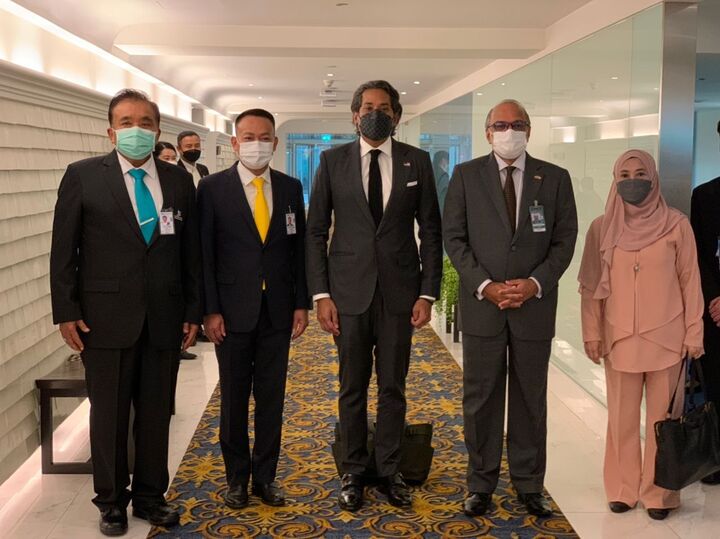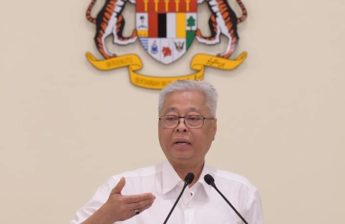KUALA LUMPUR, August 22 – Health Minister Khairy Jamaluddin left for Bangkok today for a working visit to study Thailand’s medical cannabis policies, besides attending a health-related APEC meeting in the Thai capital.
The Ministry of Health (MOH) said in a statement that Khairy is conducting a three-day bilateral working visit from August 22 to August 24 with Thailand’s deputy prime minister and public health minister, Anutin Charnvirakul, before subsequently attending a High-Level Meeting on Health and Economy under the Asia-Pacific Economic Cooperation (APEC) on August 25.
“YB Khairy Jamaluddin is expected to hold meetings with important players in the cannabis and ketum industry in Thailand, besides visiting Siam Cannabis Land, where he will look at the methods of planting indoors and outdoors (indoor and outdoor plantation), greenhouses, and drying rooms,” MOH said.
Siam Cannabis Land is a cannabis farm located in Chonburi province in eastern Thailand.
The health minister is also scheduled to visit Thailand’s Government Pharmaceutical Organisation (GPO) to receive a briefing on the country’s cannabis policies, including practices, planting methods, research, and the use of cannabis and ketum for health purposes.
Besides that, Khairy’s delegation will visit Bumrungrad International Hospital, the biggest private hospital in Southeast Asia, as well as the Somdet Chaopraya Institute of Psychiatry to look at mental health services and overall treatment methods for patients.
Khairy announced last month that the Ministry of Health (MOH) would unveil a framework later this year for the registration of prescription drugs containing cannabidiol (CBD). CBD is one of over 80 chemical compounds, or cannabinoids, in the Cannabis sativa plant.
Unlike the THC compound that produces the “high” associated with marijuana use, CBD is not psychoactive.
Last June, Thailand became the first Southeast Asian country to legalise the cultivation and possession of cannabis, removing the drug from the Category 5 banned narcotics list.
The new laws are aimed at decriminalising marijuana for medical or culinary use only; Thailand is not legalising cannabis for recreational use. Therefore, possession of extracted contents such as oils and the serving of food and drinks in cafes containing more than 0.2 per cent of THC will remain illegal.
Thailand’s government issued a warning to those eager to use marijuana recreationally that they will be subject to a potential three-month jail sentence and a 25,000 Thai baht fine (approximately RM3,108) for smoking in public.
MOH said that Khairy’s trip will open up international collaboration opportunities for private or research entities to conduct research and clinical tests on cannabis or kratom and to subsequently develop medical innovations that will increase the quality of health care in Malaysia.
Malaysia has very strict drug laws that cover marijuana, among other narcotics, with personal possession of very small quantities punishable with the death penalty if it is considered trafficking. Ketum, however, is not regulated under the Dangerous Drugs Act, but under the Poisons Act that regulates medicines.








